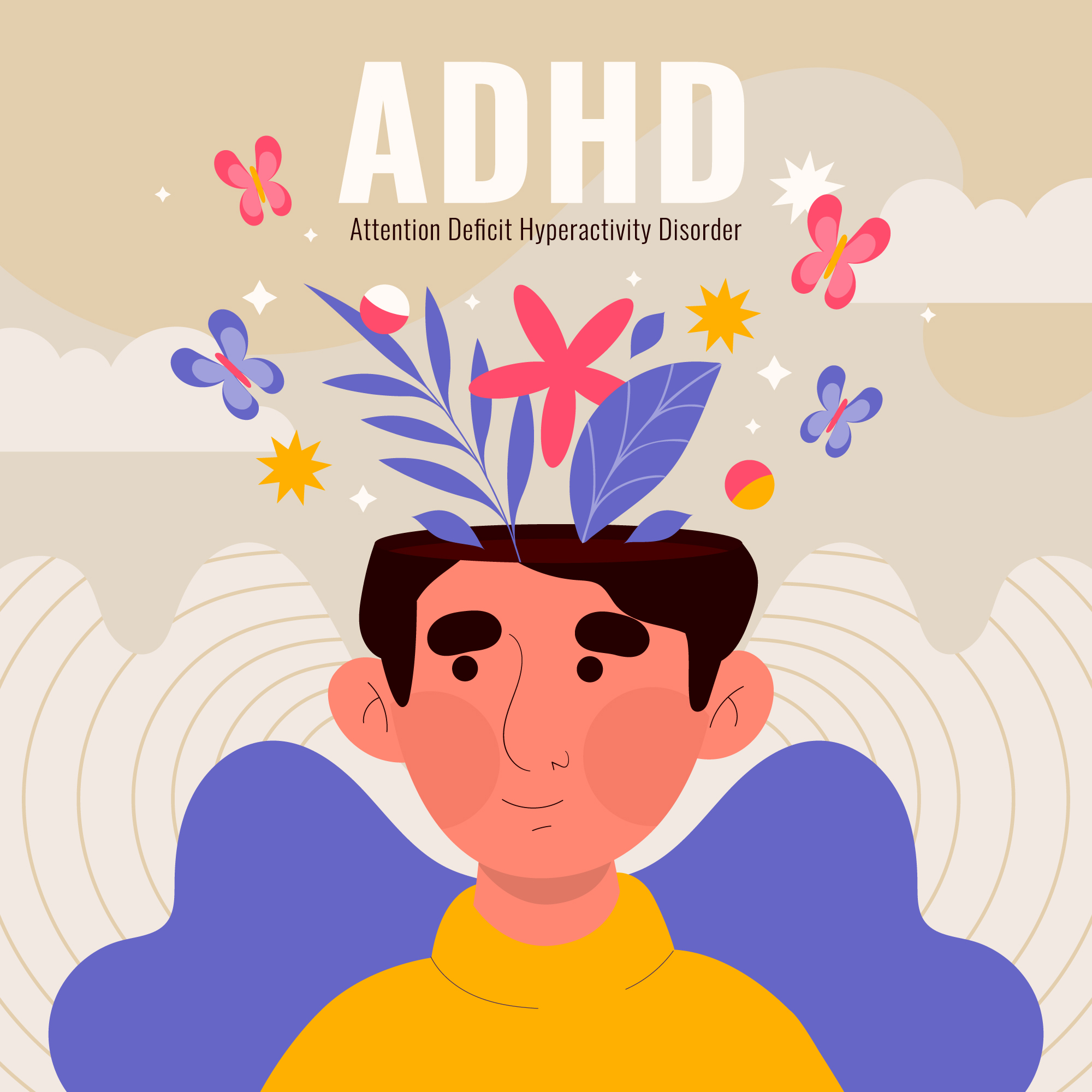Attention-Deficit/Hyperactivity Disorder (ADHD) is not limited to childhood; it can persist into adulthood, impacting various aspects of one’s life. However, the good news is that effective ADHD treatments for adults are available. In this comprehensive guide, we will explore the world of adult ADHD and delve into various treatments, including therapies, medications, and lifestyle changes that can help individuals manage their ADHD effectively.
Understanding Adult ADHD
The Continuation of ADHD
ADHD doesn’t always vanish with childhood. For many, it persists into adulthood, bringing challenges that affect work, relationships, and daily life. Adult ADHD is often characterized by symptoms such as difficulty concentrating, impulsivity, and hyperactivity, albeit in a different form than in childhood.
The Impact of Adult ADHD
Adults with ADHD may find it challenging to stay organized, complete tasks, or even sit through meetings. This can lead to work-related issues, strained relationships, and personal frustration. Recognizing and treating adult ADHD is crucial to improving one’s quality of life.
Effective ADHD Treatments for Adults
Medications
Medications are often a cornerstone of ADHD treatment for adult. Stimulants like methylphenidate and amphetamine are commonly prescribed to help improve focus and reduce impulsivity and hyperactivity. Non-stimulant medications like atomoxetine and certain antidepressants are also used as alternatives, especially for individuals who do not respond well to stimulants.
Psychotherapy
Therapies, such as Cognitive-Behavioral Therapy (CBT), can be effective in helping adults with ADHD. CBT can assist individuals in identifying problematic behaviors and developing strategies to manage their symptoms. It can also address the emotional and psychological aspects of ADHD, such as low self-esteem and anxiety.
Lifestyle Changes
Structure and Routine
Establishing a structured daily routine can significantly benefit adults with ADHD. A predictable schedule can help in managing time and responsibilities, reducing the likelihood of forgetfulness or procrastination.
Healthy Diet and Exercise
A well-balanced diet and regular exercise are essential components of ADHD management. Certain foods, such as those rich in omega-3 fatty acids, can support brain health. Exercise, on the other hand, releases endorphins that help improve mood and focus.
Alternative Therapies
Mindfulness and Meditation
Mindfulness practices and meditation can be valuable for adults with ADHD. These techniques teach individuals to focus their attention, reduce stress, and manage their symptoms more effectively.
Neurofeedback
Neurofeedback is a non-invasive therapy that uses real-time monitoring of brain activity to help individuals learn to regulate their attention and control impulsive behaviors.
Support Groups
Connecting with Others
Joining an ADHD treatment for adult support group can provide a sense of community and shared experiences. These groups offer a platform for discussing challenges, sharing coping strategies, and receiving emotional support.
Educational Workshops
Many organizations offer workshops and educational programs to help adults with ADHD acquire skills to manage their symptoms better. These workshops often cover topics like time management, organization, and communication.
Workplace Accommodations
Discussing ADHD with Employers
For adults with ADHD, it’s essential to communicate with employers about their condition. This can open the door to workplace accommodations, such as flexible schedules or task modifications, to help individuals perform at their best.
Time Management Tools
Using time management tools, such as calendars, reminders, and to-do lists, can be beneficial in the workplace. These tools can help adults with ADHD stay organized and on top of their tasks.
Conclusion
While ADHD can present unique challenges in adulthood, there are effective treatments and strategies available to manage the condition. Medications, psychotherapy, lifestyle changes, alternative therapies, support groups, educational workshops, workplace accommodations, and time management tools all play a role in helping adults with ADHD lead more fulfilling lives.
It’s important for individuals with ADHD to work closely with healthcare professionals to create a treatment plan tailored to their specific needs. With the right approach, ADHD can be navigated effectively, allowing adults to thrive in their personal and professional lives.

